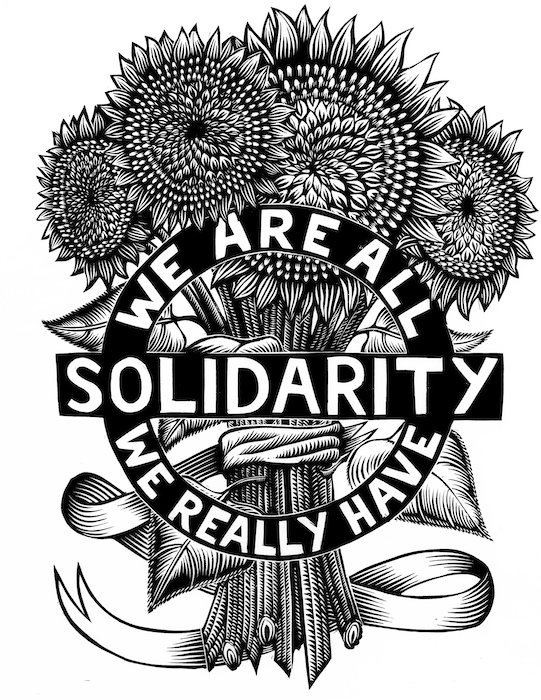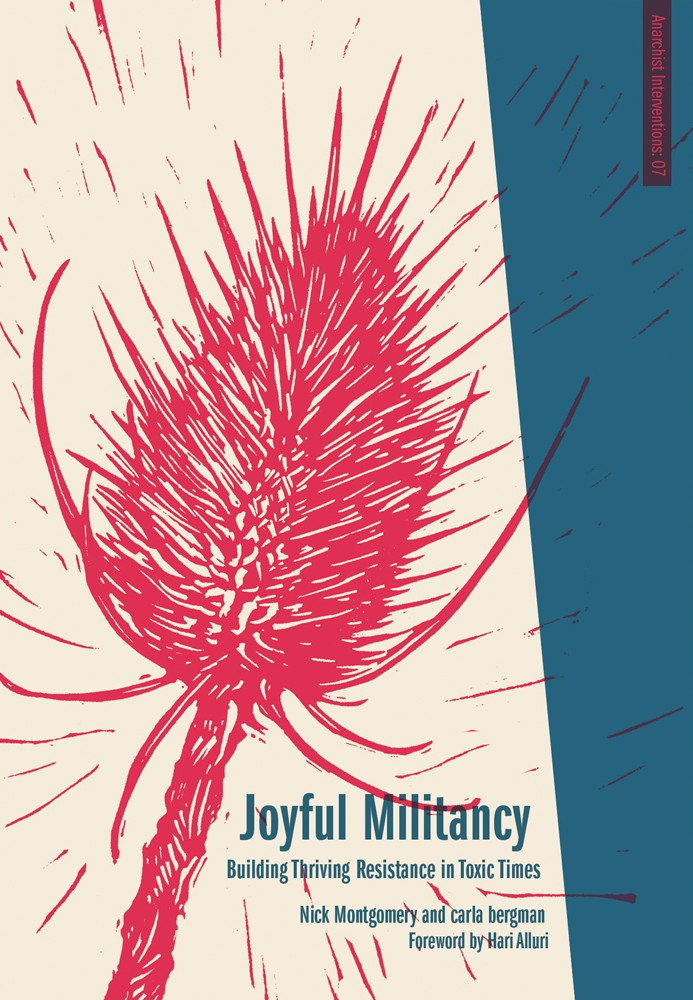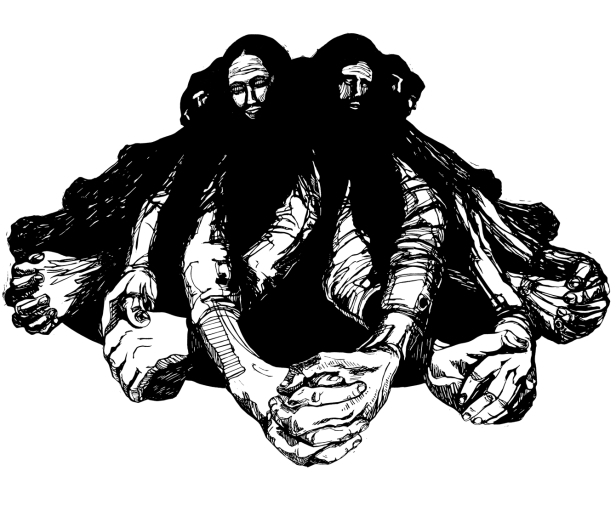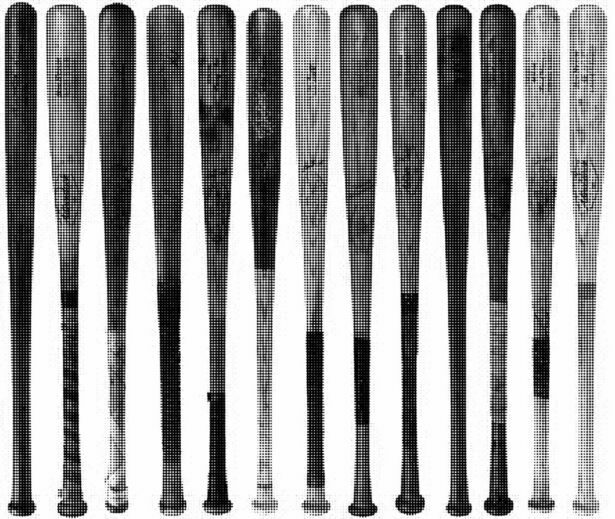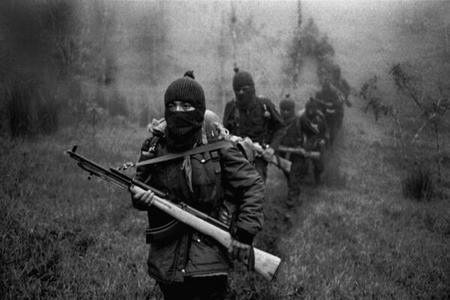Alexander Riccio, a labor organizer based in Corvallis, Oregon who co-hosts the podcast LabourWave Revolution Radio, talks with Kevin Van Meter, author of Institute for Anarchist Studies/AK Press book Guerrillas of Desire: Notes on Everyday Resistance and Organizing to Make a Revolution Possible, available here!
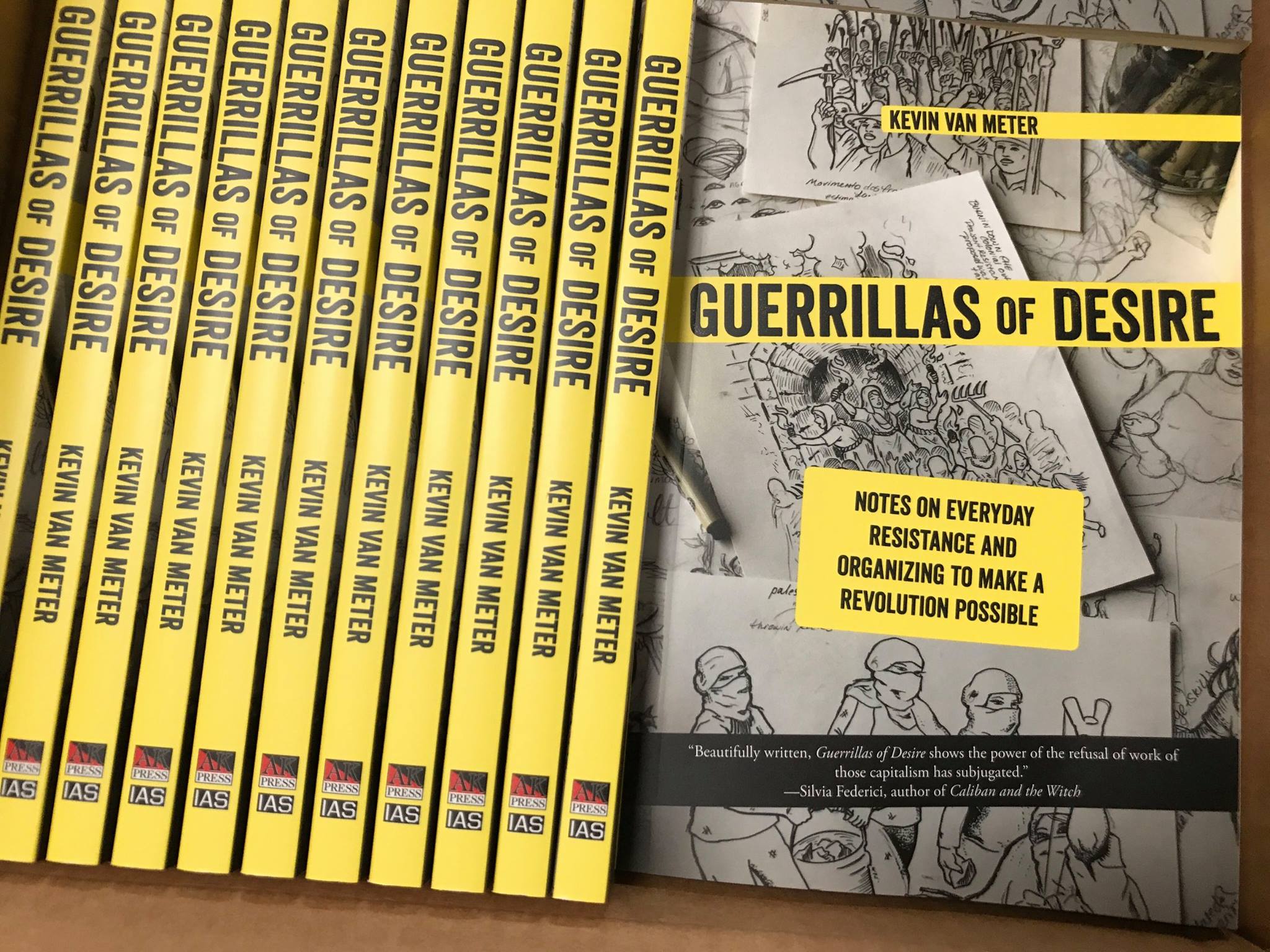
Alexander Riccio: Some have read your book, Guerillas of Desire: Notes on Everyday Resistance and Organizing to Make a Revolution Possible, as an attack on organized labor in general, or as one that poses an either/or decision between supporting Left organizations, such as unions, versus championing forms of everyday resistance. What do you say to these criticisms?
Kevin Van Meter: I don’t see my work as an attack on organized labor per se, but as a critique of where organized labor has been and how it is currently functioning. I think one of the major problems with organized labor, at least in regards to business unions, is their inability to innovate, their inability to learn from their own historical lessons, and their inability to listen to the actual needs and desires of the working class outside of the union’s organizational frame.
Unions have a very particular way of going about organizing: a steward system, a contract vote, provide services, conduct a corporate campaign. For thirty years, labor unions have hired people predominately out of college rather than from within their own ranks, and during the same period, there has been a focus on corporate campaigns rather than building substantive relationships on the ground. The fact is that building relationships on the job and in communities is necessary for the Left to bounce back, pass legislation, organize unions, and be successful in the streets against forces like fascism. All of that means it’s necessary to reweave the social fabric, but unions have largely ignored this necessity.
The Cooperative Commonwealth: An Anarchism for the 21st Century?
by Robert Christl with art by Roger Peet
Mutual aid associations have historically emerged from disenfranchised populations’ struggle to survive inequality. During the late nineteenth century, when European and American states offered little social welfare, the destitute pragmatically combined their resources out of necessity. Meanwhile, anarchists recognized that workers’ mutual aid associations such … Read more

